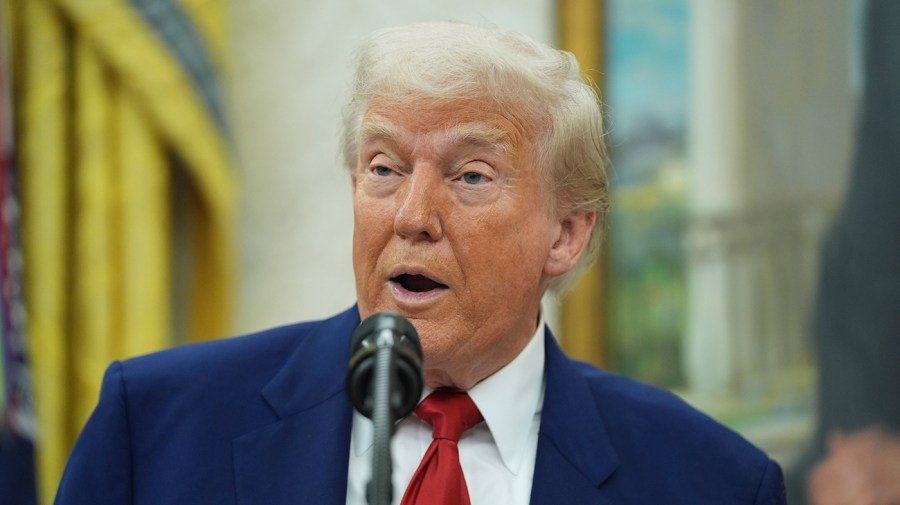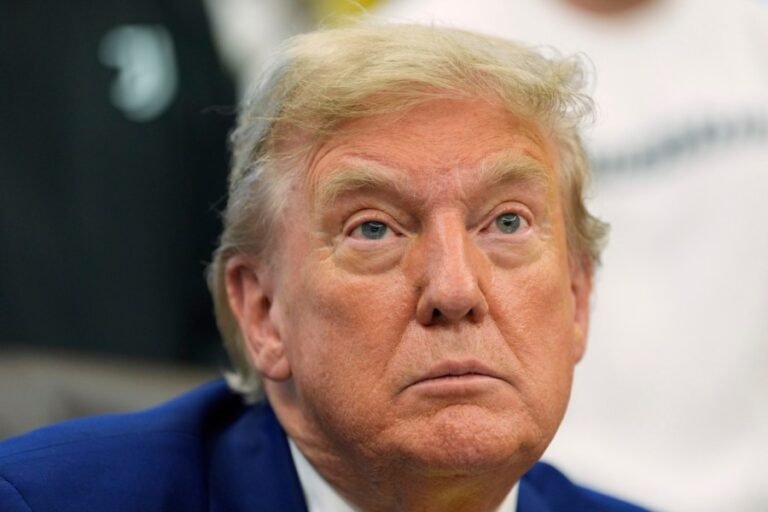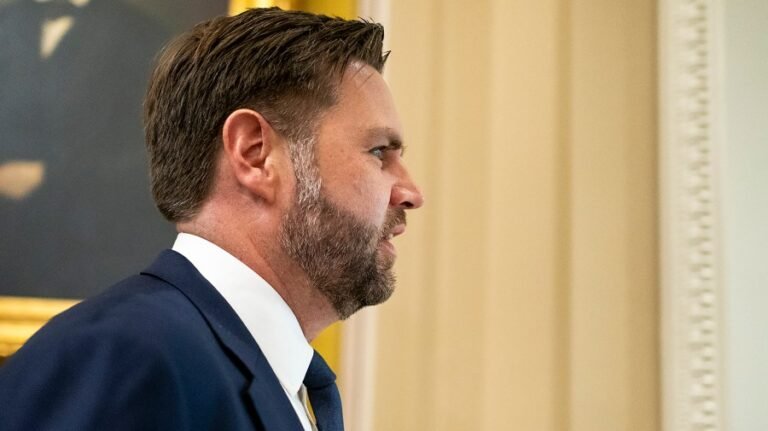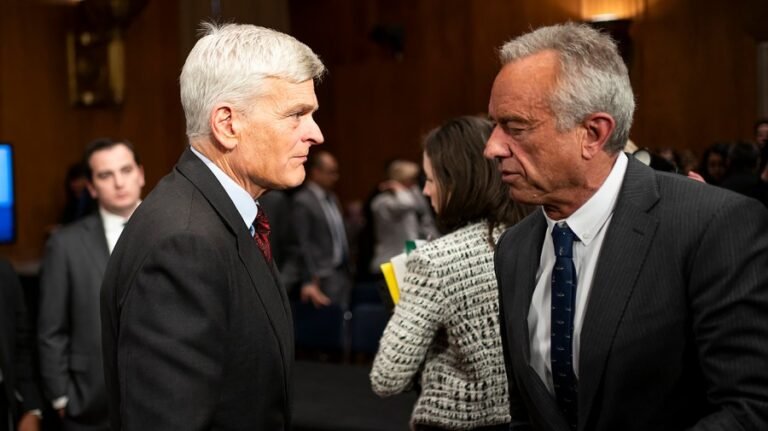
The White House on Tuesday sent Congress a request to claw back $9.4 billion in funding for foreign aid and to public broadcasting — the first package that would codify the slashes spearheaded by the Department of Government Efficiency (DOGE).
It is a long-awaited move that many conservative activists have been clamoring for, even as House and Senate Republicans separately push forward on the One Big Beautiful Bill Act full of President Trump’s tax cut and spending priorities.
The package needs only a simple majority to pass in each chamber, allowing Republicans to bypass the threat of a Democratic filibuster in the Senate. Congress has 45 days to approve the rescission request after it is submitted — but must balance that timeline with other top priorities like the “big, beautiful bill.”
The House is aiming to vote on the package next week.
“Today, we have officially received the rescissions request from the White House to eliminate $9.4 billion in wasteful foreign aid spending at State and USAID and the Corporation for Public Broadcasting, which funds NPR and PBS,” Speaker Mike Johnson (R-La.) said. “The House will act quickly on this request.”
Communication from President Trump officially making the request to rescind the funds was read on the House floor Tuesday afternoon.
“I herewith report 22 rescissions of budget authority totaling $9.4 billion. The proposed rescissions affect programs of the Department of State, as well as the Corporation for Public Broadcasting, United States Agency for International Development, the United States Institute of Peace, and other international assistance programs,” the message from Trump said.
The package would rescind $8.3 billion in foreign aid, largely from funding that was approved for the U.S. Agency for International Development (USAID), which was largely dismantled as part of the DOGE efforts earlier this year.
An Office of Management and Budget (OMB) spokesperson pointed to millions of dollars in those accounts that funded global LGBTQ programs and other gender equity programs, as well as global climate change and green energy initiatives.
It would also cut almost $9 million from the President’s Emergency Plan for AIDS Relief (PEPFAR) — with an OMB spokesperson pointing to how it funded “$3 million for circumcision, vasectomies, and condoms in Zambia” and “$5.1 million to strengthen the ‘resilience of lesbian, gay, bisexual, trans gender, intersex, and queer global movements.’” It also rescinds $22 million from the African Development Foundation.
Republicans are heavily messaging on the package’s $1.1 billion in rescissions to the Corporation for Public Broadcasting, which provides funding for NPR and PBS — two outlets that Republicans have decried as biased.
Both outlets have sued over Trump orders targeting their funding.
The cuts would amount to only a fraction of the estimated $175 billion in “savings” DOGE’s website says it has racked up through a combination of efforts, including workforce reductions, grants and contract cancellations, as well as regulatory savings and asset sales.
However, top Democrats on the House and Senate Appropriations committees have accused the Trump administration of illegally freezing $425 billion in federal funding as of Tuesday, as it has undertaken a sweeping operation to shrink the size of the federal government.
Conservatives in both chambers have been confident that the GOP-led Congress will be able to push through the proposed cuts. Some are hopeful the package will be the first of multiple from the White House in the months ahead, particularly as the Trump administration’s downsizing efforts face roadblocks in court.
However, some senators have already signaled changes will likely be made to the request. Other Republicans have also expressed concerns about how funding cuts would impact television stations back home and about the impact of cutting PEPFAR funding.
“I think we’ll get it done. I really do,” House Appropriations Chair Tom Cole (R-Okla.) told reporters shortly after the request’s release on Tuesday, though he also said there’s “certainly some things” he “would disagree with.”
The Impoundment Control Act provides the president with a legal pathway to cancel congressionally approved funds. The 1974 law allows the president to temporarily withhold funding after the administration sends its request to Congress. But if Congress fails to greenlight Trump’s proposed rescissions, the administration must release the funding.
Trump has been the only president to send the special message to Congress in the past two decades. He also attempted to pull back funds during his first term using the same process but was unsuccessful, despite Republicans controlling the House, Senate and White House at the time.


